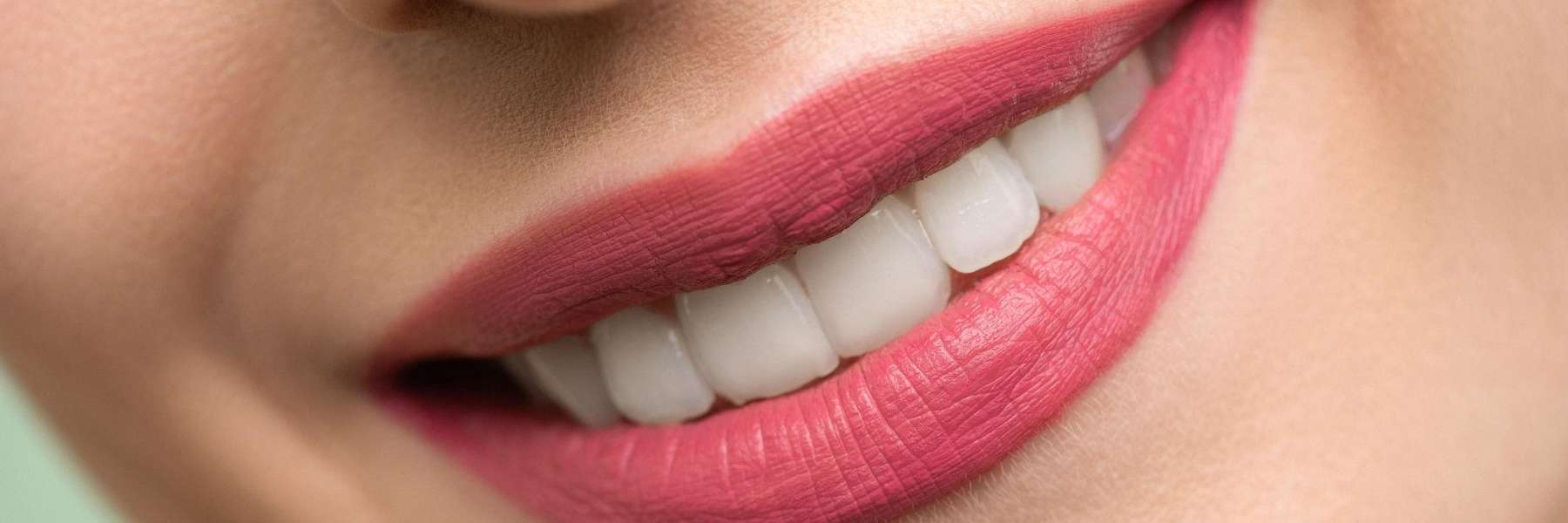
A healthy smile can do so much for your self-esteem and confidence. And it's not just a matter of aesthetics. Keeping your teeth and gums in good shape is an all-around good decision since the health of your mouth reflects the health of your body as a whole. For these reasons, we're going to take you through some tips and tricks on how to keep your teeth in tip-top shape!
A Beautiful Smile is Important in Life
A beautiful smile is important in life. It makes you feel better, more confident, and more approachable. Smiling brings people together and helps you make connections with others. Plus, smiles are contagious; the simple act of a friendly smile makes everybody feel good! A beautiful smile also makes you more likable to others around you because it is an indicator of being healthy and happy. So, without further ado, here are some tips on how you can create a healthy, happy smile.
Flossing
Flossing is the best way to remove food particles from between your teeth and gums, so it's important to floss daily. If you have braces, dental implants, or bridges, or if you wear dentures, be sure to floss carefully around these structures for cleaner teeth and gums. If you are new to flossing or have not been diligent about it in the past, start slow! Begin by practicing at home until you get the hang of it.
Get comfortable with the basic technique of wrapping one end around each thumb and then moving them apart as far as possible (just like washing your hands) while simultaneously pulling on both ends of the floss with a gentle sawing motion between each tooth's contact point (the gum line).
Brushing
Brushing is the best thing you can do to keep your teeth healthy and strong. You should brush your teeth twice a day, for at least 2 minutes each time. For best results, use a soft-bristled brush and a fluoride toothpaste.
Don't chew gum or eat sugary foods until after you've brushed! Also, you should avoid drinking hot beverages until after brushing, as it will make your mouth more acidic and could cause enamel erosion over time.
Mouthwash
Mouthwash is a great way to keep your mouth clean, even if you don't have time for a full-fledged oral hygiene routine. It's an effective alternative for people who want to fight bad breath but can't brush their teeth before going out because of work or other obligations.
Mouthwash is also helpful in treating gingivitis and periodontal disease. Again, you should look for an oral care product that has fluoride in it because fluoride helps prevent cavities from forming and strengthens tooth enamel.
Sugarless Gum
Chewing sugarless gum can help stimulate the flow of saliva, which helps to wash away bacteria and food particles that can lead to tooth decay and gum disease. It's also recommended for people who have dry mouth (xerostomia), a common side effect of taking certain medications. Chewing gum is an easy way to increase your daily fluid intake while keeping bacteria at bay.
If you're concerned about how often or what kind of chewing gum you should choose, see your dentist or doctor. Sugar-free gums are generally better than their sugary counterparts because they don't contain as much sugar, which can contribute to tooth decay over time. However, chewing gum isn't for everyone; some people find it distracting when they're trying to concentrate on other things.
Conclusion
A smile says a lot about a person, so it's important to have a healthy mouth and teeth. When you maintain good oral hygiene, it reflects on your overall health and well-being. A healthy mouth makes eating easier too. Sometimes we take our teeth for granted, but they are an important part of who we are and should not be neglected. If you have any concerns about your teeth or gums, talk with your dentist today about keeping yourself on track for a beautiful smile!

